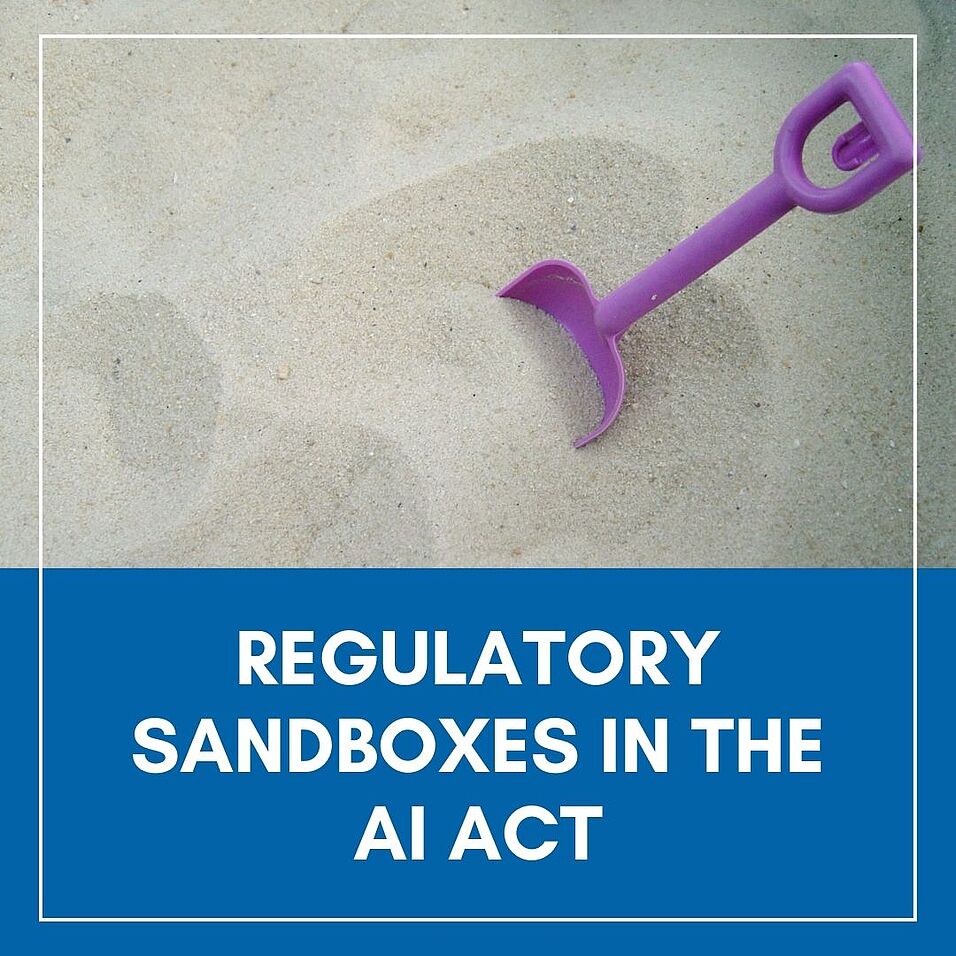The paper by Thomas Buocz, Sebastian Pfotenhauer and Iris Eisenberger explores the regulatory sandbox regime under the EU’s draft Artificial Intelligence (AI) Act. It investigates how useful the sandbox regime is for testing an AI-based skin cancer detection systems in an EU member state.
The paper focuses on whether the proposed AI regulatory sandbox regime can resolve tensions between innovation and safety. Although we find considerable potential for the sandbox regime, the proposal also creates several legal issues. It blurs jurisdictional boundaries between the EU and member states, raises concerns of legality and equal treatment, creates liability risks for innovators, and fails to require informed consent from testing subjects.
To address these problems, the paper suggests adopting a more targeted legal basis for the sandbox regime that takes inspiration from conventional testing mechanisms such as clinical investigations for medical devices.
The paper builds on prior work within the H2020 project “SCALINGS” and is part of is part of Thomas Buocz's excellent dissertation "Human responsibility for non-human entities: regulating robots, AI systems, and distributed networks".
The paper is available as open access: https://doi.org/10.1080/17579961.2023.2245678

